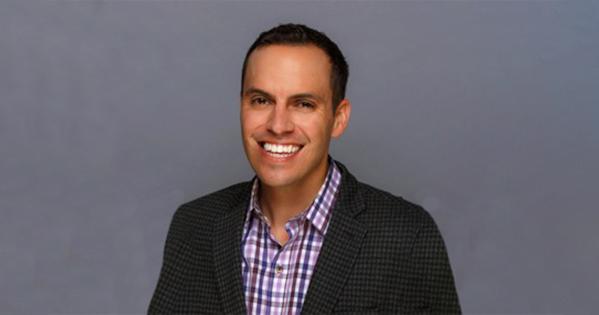Are LGBT Americans More Likely to Suffer Violent Crimes Than Their Cisgender Counterparts?

In 2016, the National Crime Victimization Survey (NCVS) first asked about an individual’s gender identity and sexual orientation, presenting researchers with a new opportunity to understand the impact of crime on lesbian, gay, bisexual, and transgender (LGBT) populations. SPA Assistant Professor Andrew Flores, in a series of coauthored publications based on 2017-2019 data, has analyzed the extent and nature of the association between violent crime and gender identity.
In the first study based on this data, in a 2021 piece in the American Journal of Public Health, Flores and coauthors Ilan Meyer, Lynn Langton, and Jody Herman found that transgender people were four times more likely to be victims of violent crime. While violent victimizations perceived to be hate crimes were higher among transgender people, especially transgender women, there were no differences in victimization rates among men and women. Transgender victims were also more likely to live in cities and have lower income than their cisgender counterparts. Overall, only about half of all violent victimizations were reported to police, with no differences between transgender and cisgender persons.
LGBT-identifying individuals were nine times more likely to be a victim of a violent hate crime than cisgender and straight people, according to “Hate Crimes Against LGBT People: National Crime Victimization Survey, 2017-2019,” a December 2022 article Flores published with Rebecca Stotzer, Ilan Meyer, and Lynn Langton in PLoS One (translated for a piece in The Conversation.) Compared to non-LGBT victims, this subset was younger, more likely to have a relationship with their assailant, and more likely to struggle with the emotional, social, and physical consequences of the violent attack, the study revealed.
“We expected that the rate would be higher for LGBT people, but we didn't know the magnitude,” Flores said. “Odds of nine times more is substantively quite large.”
In “Violent Victimization at the Intersections of Sexual Orientation, Gender Identity, and Race: National Crime Victimization Survey, 2017–2019,” which appeared originally in Science Advances, Flores, Langton, Meyer, and Adam Romero found that LGBT people over age 16 were disproportionately more likely to be victims of violent crime than non-LGBT people, across the assessed racial and ethnic groups.
A hate crime is an attack or threat of an attack motivated by the victim’s perceived race, ethnicity, sexuality, gender, religion, or association with any of those previous categories. The researchers note that the consequences of hate crimes penetrate beyond the immediate victim, to entire communities. This collective trauma, Flores pointed out, may ripple outward, as seen in recent high-profile shootings in Colorado and Florida.